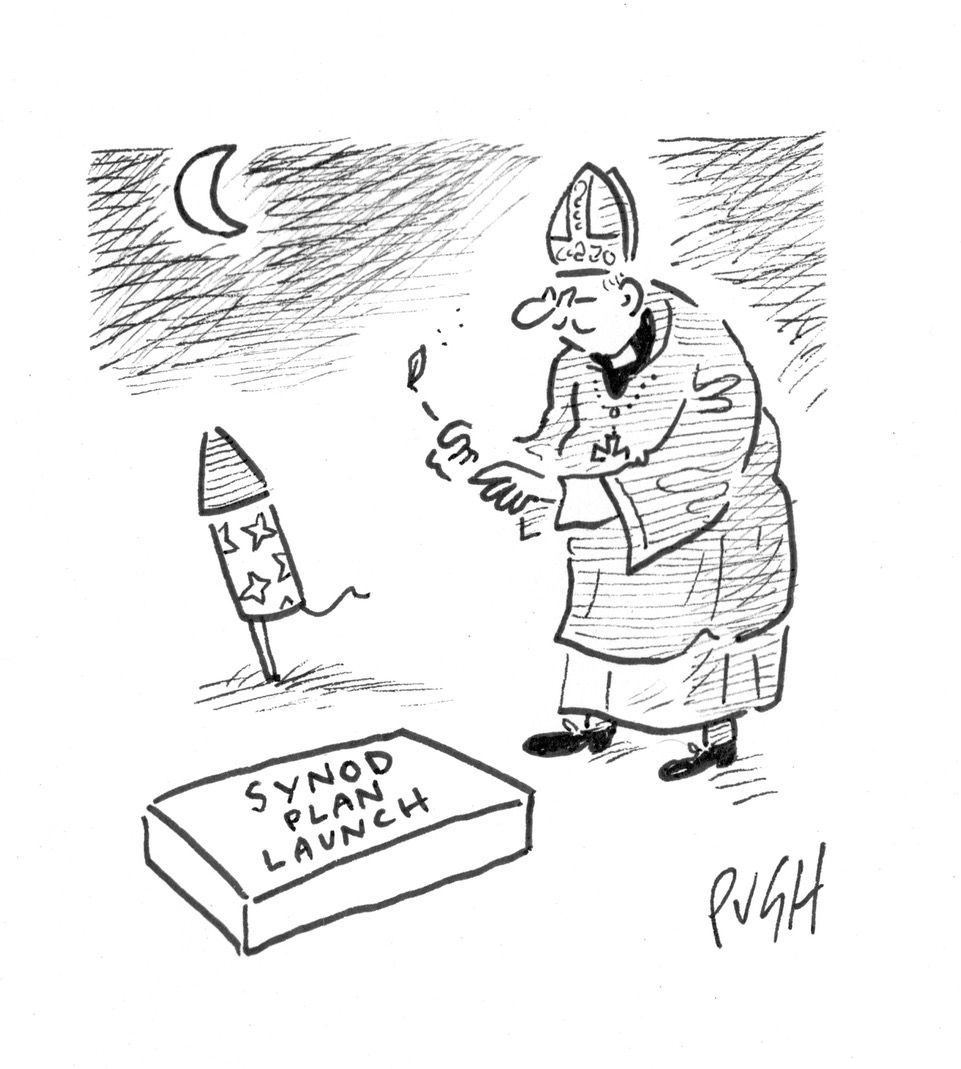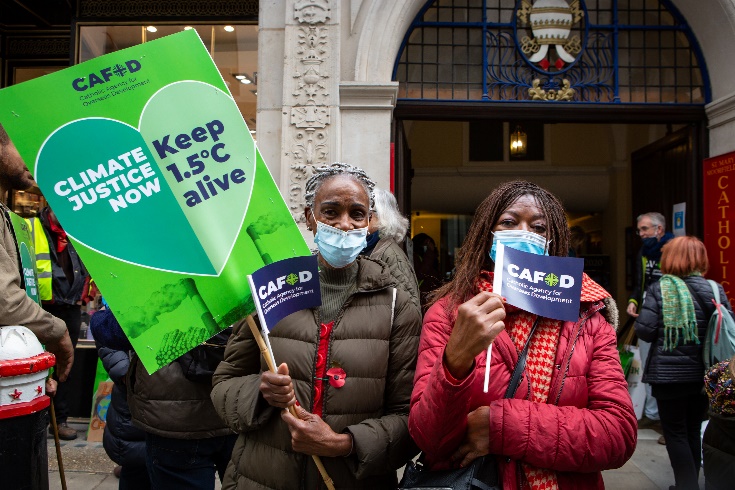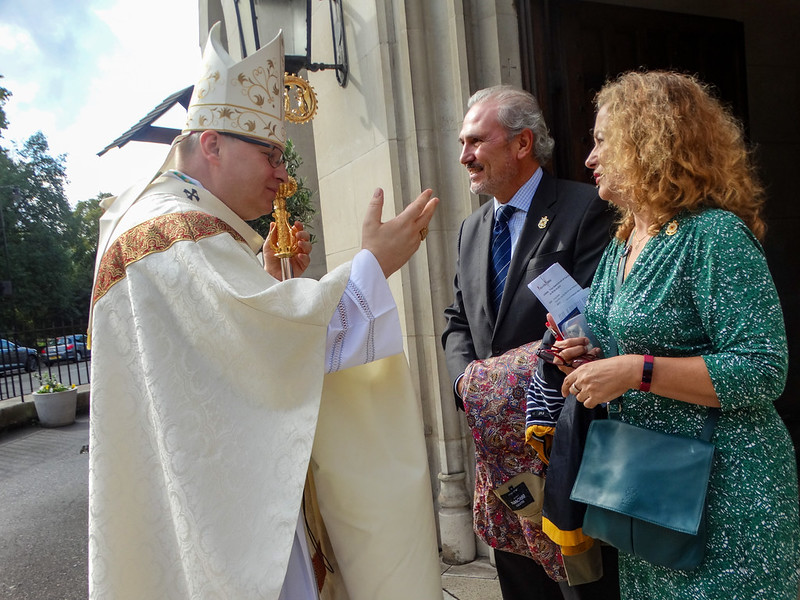The diocesan phase of the groundbreaking 2021-2023 synodal process has launched across the British Isles.
The Archbishop of Southwark has followed Westminster in launching a diocesan consultative process with an appeal to “deepen our understanding of what it means to live together in union with Christ”.
Many other dioceses across the UK have also now followed suit.
Hugh Gilbert, Bishop of Aberdeen, warned against treating the synod as “an orgy of mutual criticism or a great common moan and grump”, emphasising that synodality means to travel together – not to act “as a parliament”.
And in an address to Oxford and Cambridge University’s Catholic Chaplaincies, Bishop John Arnold of Salford linked the synodal process to climate change and the need for interfaith dialogue, “thinking and acting globally” to meet the spiritual and political crises of today.
With the Vatican announcing an extension to the local periods of the process by more than three months to 15 August 2022, the significance of diocesan and parochial input to the “synod on synodality”, scheduled for 2023, has been reemphasised.

In a statement, the general secretariat of the Synod of Bishops stated that a synodal Church “is a Church that listens, and... this first phase is essential for the synodal path”.
Responding to the the call for a participatory synodal process, several dioceses, such as Westminster, Southwark, and Clifton, have already set up dedicated webpages, directing Catholics to resources. And although the pandemic has left many diocesan initiatives reliant on digital meetings, with Brentwood diocese carrying out their consultation through Soom, Salford Diocese advertised last month for a paid Synod coordinator, on a three year contact.
Archbishop John Wilson of Southwark, in his pastoral letter to parishes for the weekend of the 16 and 17 October, outlined the structure of the diocesan synodal process, estimated at the time to last roughly a month, although, Wilson added, he hoped this would lead to a “more extended process of discernment”.
Each of Southwark’s 179 parishes has been asked to select two delegates, who will then facilitate a “process of listening and reflection” at a local level.
Working with questions prepared by the Archdiocese as well as those devised by the Vatican’s Synod office, group responses will be sent in from each parish, although individual faithful are encouraged, the Archbishop said, to send in their own thoughts in writing or online.
Materials prepared for the synod by the Archdiocese state that a “threefold listening process”, local, diocesan and universal, will focus on three key areas of “communion, participation and mission”.
Alongside guidelines for selecting delegates and sample questions, the Archdiocese has released prayers and suggestions for “spiritual conversations” on its new dedicated synod webpage.
Archbishop Wilson, ordained to the priesthood in 1995, and appointed Auxiliary Bishop of the Westminster diocese in 2015, was made Archbishop of Southwark in 2019. After his appointment by Pope Francis, the Sheffield-born former prison chaplain spoke of his hope that Southwark would exemplify a church of “joyful missionary disciples”.
Charted to conclude with the 2023 Synod of Bishops in Rome, the “two-year journey” is intended to elicit an unprecedented level of lay involvement. Billed by the Holy See as a “reflection and sharing of the whole Church” , the process has been described by the Pope as a “space of community discernment”, characterised not by strife, but by an “openness to the holy spirit”.
Pope Francis has emphasised his intent that the synod would reflect a vision of Church authority as an “inverted pyramid” where “those who exercise authority are called ‘ministers’, because, in the original meaning of the word, they are the least of all”.
The Tablet Synod Watch find out what your diocese is doing here.



 Loading ...
Loading ...